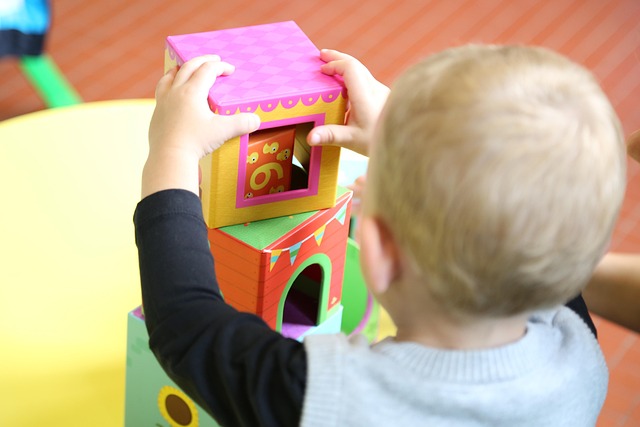Have you ever wondered what goes on behind the colourful doors of a private nursery? Maybe you love children and are thinking about a career in early years education. Working in a private nursery can be incredibly rewarding, offering the chance to make a real difference during a child’s most important developmental years. But it’s also a demanding job that requires energy, patience, and passion. Let’s explore what working in this unique environment is really like.
https://pixabay.com/photos/nursery-child-kindergarten-school-2114173/
Getting Started in Nursery Work
There are several ways to begin a career in a private nursery. Many people start by gaining relevant qualifications. An approved Level 2 or Level 3 qualification in childcare or early years, like an NVQ, BTEC, or the Level 3 Early Years Educator diploma, is often required for roles like Nursery Practitioner or Nursery Nurse. You usually need GCSEs in English and Maths (Grade C/4 or above) to get onto these courses. Apprenticeships are another popular route, allowing you to earn while you learn on the job. You could start with a Level 2 Early Years Practitioner apprenticeship and progress to Level 3. Some nurseries also hire unqualified Nursery Assistants, offering on-the-job training. Volunteering at a local nursery or playgroup is a great way to gain experience and see if the job is right for you. When applying for roles, even entry-level ones, having a clear and well-structured CV is important; using a simple CV template can help you present your skills and any experience effectively. Regardless of your entry route, you will need to pass an enhanced Disclosure and Barring Service (DBS) check, as safeguarding children is paramount.
A Typical Day
No two days are exactly the same in a nursery, which is part of the fun! However, there is usually a structure to the day. Staff often work shifts, as many private nurseries are open from early morning (around 7:30 or 8:00 am) until early evening (around 6:00 pm) to accommodate working parents.
The day begins with welcoming children and parents, helping little ones settle in, and finding out any important information from home. Breakfast might be served for early arrivals. The morning session is typically filled with planned activities based on the Early Years Foundation Stage (EYFS) framework, which guides learning and development. This could involve anything from arts and crafts, messy play (a guaranteed favourite!), storytelling, and singing, to construction activities or outdoor play. Staff engage with the children, supporting their learning through play, modelling language, and observing their progress.
Mid-morning usually involves a healthy snack, followed by more activities or perhaps a special session like music, dance, or even French. Lunchtime is a busy, sociable affair, with staff sitting with the children, helping them eat, and encouraging good table manners. After lunch, younger children will have nap time, giving staff a chance to catch up on paperwork, plan future activities, or prepare the room for the afternoon.
The afternoon follows a similar pattern with more play-based learning, outdoor time if possible, and another snack (tea time). Throughout the day, staff are responsible for personal care routines like changing nappies, assisting with toilet training, and ensuring children’s hygiene needs are met. The end of the day involves tidying up, singing songs or reading stories while waiting for parents, and handover time, where staff share information about the child’s day with their parents or carers.
The Rewards
Despite the demands, working in a private nursery offers many rewards. Seeing children grow, learn new skills, and develop their unique personalities is incredibly fulfilling. You build strong bonds with the children in your care and become a significant part of their early lives. Helping them overcome challenges and reach milestones provides immense job satisfaction. It’s a chance to be creative, imaginative, and have fun every day – singing, dancing, painting, and playing are all part of the job description! You also work as part of a team, supporting colleagues and learning from each other in a lively environment. Making a positive impact on children and their families is often cited as the biggest reward.
The Challenges
It’s important to be realistic about the challenges too. The work is physically demanding, involving lots of time on your feet, bending, lifting, and high energy levels. It can also be emotionally demanding, dealing with upset children, managing challenging behaviour, and sometimes supporting families facing difficulties. Nurseries are often busy and noisy environments. Paperwork, such as observations and record-keeping, can take up significant time. Staffing ratios must be maintained, which can sometimes be challenging, especially during periods of staff shortage – an issue affecting the sector. Pay can be relatively low, particularly for entry-level roles, although this varies depending on qualifications, experience, and location. Long hours and shift work can impact work-life balance. Communicating effectively with parents and managing their expectations is also a key, sometimes challenging, part of the role.
If you’re energetic, patient, creative, and committed to nurturing young minds, it could be the perfect career path for you.




